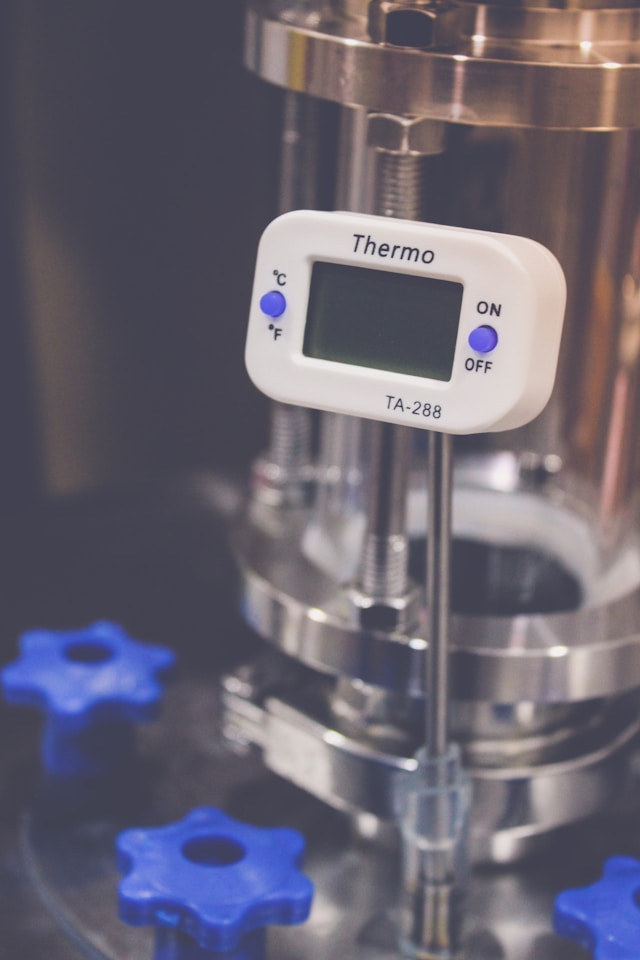How to Prepare Your Boiler for the Winter Season

As the temperature begins to drop, making sure your boiler is in top condition becomes crucial for staying warm throughout the winter. Boilers provide essential heating and hot water, but if they aren’t properly maintained, you might face breakdowns just when you need them the most. Preparing your boiler for the winter season can save you from costly repairs and ensure that your home stays comfortable during the cold months.
In this guide, we’ll walk through practical steps to prepare your boiler for winter. These tips will help keep your system running efficiently and ensure that you avoid heating problems when they matter most.
Schedule a Professional Inspection
The first and most important step in preparing your boiler for winter is to schedule a professional inspection. Having a trained technician check your boiler ensures that any potential problems are caught early before they turn into bigger issues during the coldest time of the year. A professional can thoroughly inspect your boiler’s components, clean it, and make any necessary repairs.
Hiring a qualified technician from a trusted boiler repair company ensures that your boiler is safe and functioning properly. They will look for signs of wear, test for leaks, and verify that the system is heating efficiently. It’s always best to have this done before winter so your boiler doesn’t fail when you need it most.
Check and Adjust Boiler Pressure
Boiler pressure plays a critical role in how well your system functions. Low boiler pressure can result in poor heating performance, while high pressure can cause the system to overwork, leading to potential damage. Before winter arrives, check the pressure gauge on your boiler to ensure it is within the recommended range, which is typically between 1 and 2 bars.
If the pressure is too low, you may need to top it up using the filling loop, as detailed in your boiler’s manual. If the pressure is too high, it might indicate a problem that needs attention from a professional. Regularly checking and maintaining proper pressure levels will help your boiler work efficiently throughout winter.
Bleed Your Radiators
If your radiators aren’t heating up as well as they should be, there might be trapped air inside the system. This can prevent hot water from circulating properly, reducing the overall efficiency of your heating. Bleeding your radiators removes the trapped air and ensures that they can heat your home evenly.
To bleed a radiator, you simply need a radiator key. Turn the key gently until you hear a hissing sound: the air escaping. Once the water starts to come out, close the valve. This process will improve your heating system’s performance and help your boiler run more efficiently.
Check for Leaks and Strange Noises
Inspecting your boiler and heating system for any visible leaks before the winter season is essential. Leaks can indicate a problem with the seals, pipes, or pressure relief valve, and they need to be addressed promptly to prevent further damage.
In addition to checking for leaks, listen for any strange noises from your boiler. Banging, whistling, or gurgling sounds indicate something wrong, such as trapped air, a faulty pump, or sediment buildup in the heat exchanger. If you notice any unusual sounds or see leaks, it’s time to call a professional technician to fix the issue before it worsens.
Ensure Proper Ventilation
Boilers require proper ventilation to function safely and efficiently. Before winter arrives, make sure that the area around your boiler is clear and that there is adequate ventilation. Blocked vents can cause harmful gases, such as carbon monoxide, to build up inside your home, posing a serious safety risk.
Ensure your boiler has enough space around it for air to flow freely, and never store items too close to it. If you’re unsure about your boiler’s ventilation, a professional technician can check this during their inspection and recommend any changes needed to ensure safe operation.
Test the Thermostat and Timer
A properly working thermostat and timer are essential for maintaining a comfortable home temperature throughout the winter. Before the cold weather sets in, test your thermostat to ensure it accurately controls the boiler. You should be able to set the desired temperature, and the boiler should respond accordingly by turning on or off as needed.
If your thermostat is outdated or not functioning well, consider upgrading to a programmable model, which allows you to set specific times for your boiler to turn on and off. This can help improve energy efficiency and decrease your heating costs during winter.
Preparing your boiler for the winter season is essential to ensure it operates smoothly and efficiently when the temperature drops. Scheduling a professional inspection from a trusted boiler repair company will help catch potential problems early while maintaining proper pressure, bleeding your radiators, and checking for leaks are all necessary steps to keep your boiler in top shape. Taking these precautions will not only help keep your home warm during the winter but will also extend the lifespan of your boiler and reduce the need for costly repairs down the line.
